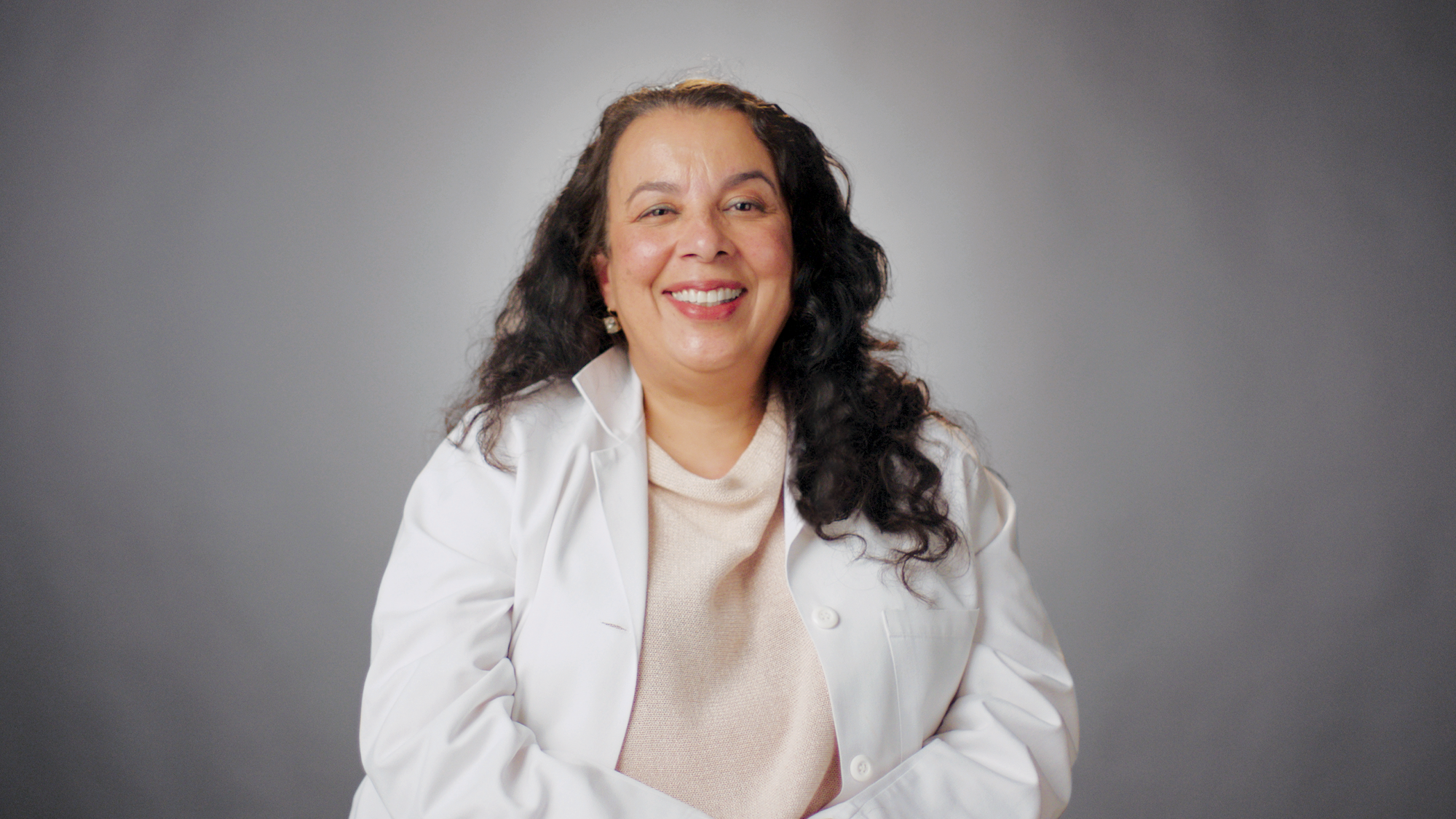
Dr. Susana Morales
With a gift of $200,000 in support of a Weill Cornell Medicine program to encourage vaccination, the Weil, Gotshal & Manges Foundation hopes to boost COVID-19 vaccination rates in underserved communities.
The program – titled the COVID-19 Community Education and Empowerment Internship – aims to provide accurate scientific information and build trust in COVID-19 vaccines by training “vaccine ambassadors” to provide information about the impact of COVID-19 infection and dispel common myths about the vaccines. Trainees, who are high school and college students, are asked to talk to at least 10 people about COVID-19 vaccines, addressing everything from concerns about the vaccine’s quick rollout to worries about effects on fertility. They also produce capstone projects about COVID-19 and vaccines, which can include videos, infographics, TikToks, songs or artwork, that are posted on social media channels.
The virtual internship is led by Dr. Susana Morales, director of the Weill Cornell Medicine Diversity Center of Excellence within the Cornell Center for Health Equity, and an associate professor of clinical medicine, who collaborates with an interdisciplinary steering committee of New York City physician leaders: Dr. Lynne Holden, of Albert Einstein College of Medicine and Mentoring in Medicine, Inc.; Dr. Carla Boutin-Foster, of SUNY Downstate College of Medicine; Dr. Joseph Osborne, professor of radiology and chief of molecular imaging and therapeutics at Weill Cornell Medicine; Dr. Hilda Hutcherson, of Columbia University; Dr. Gary Butts (MD ’80), of Mt. Sinai Health System; and Dr. Joseph Ravenell, of New York University. More than 1,000 students from New York City, across the United States and abroad have completed the program. Speakers have included experts in immunology, infectious diseases, public health and global health. Dr. Anthony Fauci (MD ’66), President Joseph Biden’s chief medical adviser, even sent a congratulatory video.
Part of a broader effort by diversity and health equity leaders at Weill Cornell Medicine to increase vaccination rates in Black and Hispanic communities, the program hopes to improve access to vaccines while accelerating efforts to disseminate information.
In January 2021, NewYork-Presbyterian, in collaboration with Weill Cornell Medicine, opened a vaccination site at the Fort Washington Armory in upper Manhattan, making it easier for neighborhood residents to get the vaccine close to home. And throughout the past year, Weill Cornell Medicine students have helped administer shots at vaccine drives held at local churches and community centers, where residents often know the events’ hosts. That familiarity can foster the sense of trust necessary for vaccination efforts to succeed, experts say.
“Everyone has a different rationale, but what underpins the hesitancy and makes people less trusting is a belief that COVID risk is low, but vaccine risk is high,’’ says Dr. Morales, who encourages vaccine ambassadors to handle each concern with empathy and care. “The disinformation is really powerful, but if we can get people over the finish line, hallelujah.”
“We are proud to support Weill Cornell Medicine’s efforts to address concerns and enhance access to COVID-19 vaccines in communities of color, many of which have been disproportionately affected by the pandemic,’’ says Weill Cornell Medicine Board member Barry Wolf, executive partner at Weil, Gotshal & Manges, an international law firm headquartered in New York. “This important initiative will empower informed decision-making and improve the health of many New Yorkers, now and in the future.”
Ambassadors in the program – like Fordham University student Alvin Felix Verona and Hunter College undergraduate Melodi Beckford – have already made an impact in their communities. Verona, who convinced a skeptical friend to get vaccinated, says he is having ongoing conversations with friends and family in both the Bronx and Pawling, New York, discrediting the misinformation spread on social media – and explaining to them, often in Spanish, how the vaccine can help keep them safe. Beckford is having similar talks with Bronx residents and has already persuaded a reluctant family member to get vaccinated.
“This gift from the Weil, Gotshal & Manges Foundation will enable our institution to continue spreading the word about the COVID-19 vaccine in our underserved communities and achieve our goal of providing equitable access to top-quality health care for all the populations that we serve,’’ says Dr. Augustine M.K. Choi, the Stephen and Suzanne Weiss Dean of Weill Cornell Medicine.
